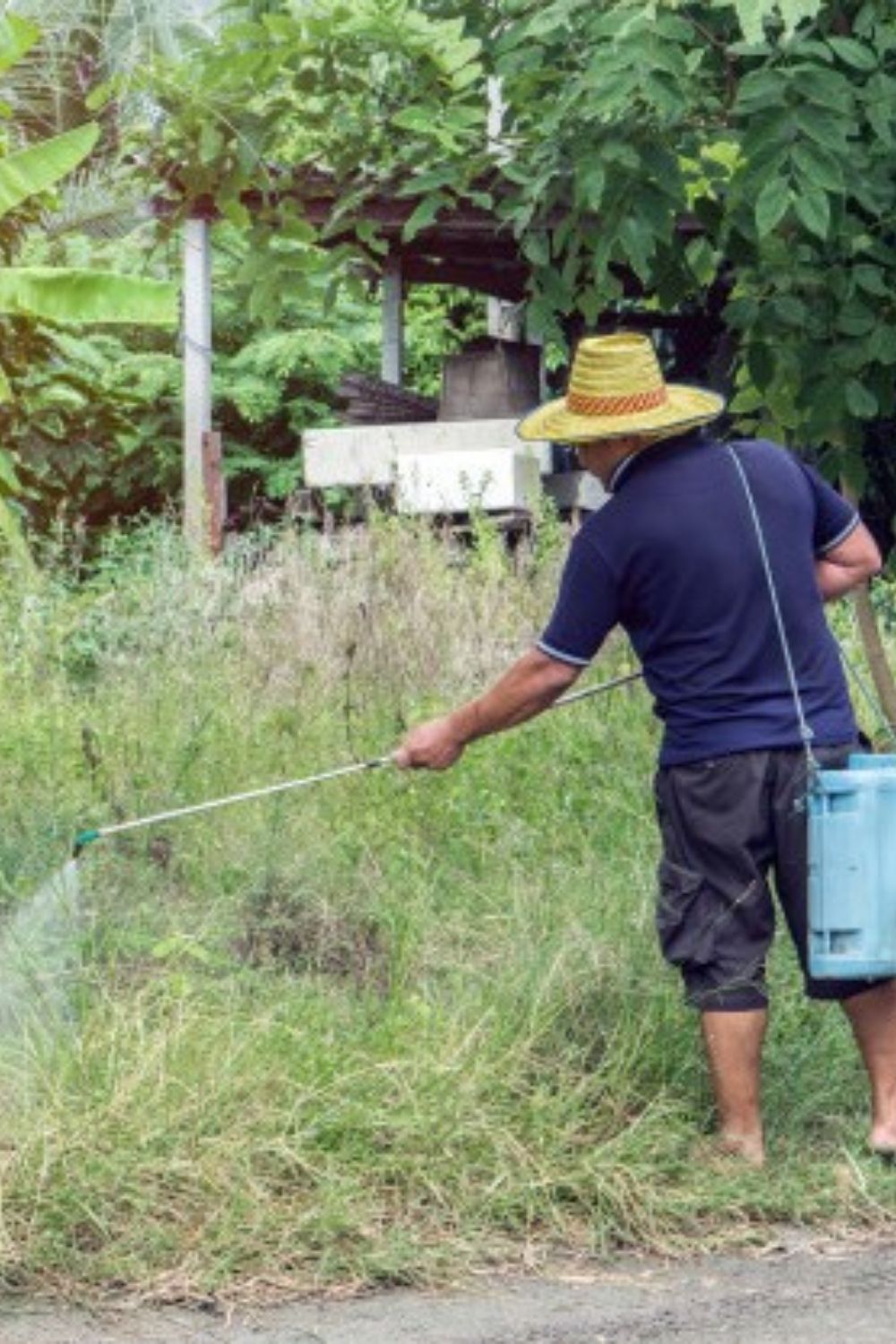Dealing with weeds in the garden is a task that most gardeners have come to dread. Pulling them by hand is time-consuming and repetitive, but many gardeners also want to avoid using commercially available chemical herbicides as they pose both environmental and health risks.
That being said, there are some non-toxic herbicides that can be used to effectively control weeds in the garden—namely, table salt. While no herbicide can ever be labeled as truly ‘harmless’ in the garden (their main purpose is to kill unwanted plants after all!), salt (or sodium chloride) is a natural solution that works well on pesky weeds.
-
Can Salt be Used to Kill Weeds?
In short, salt is an effective non-toxic herbicide. However, not all salt is created equal when it comes to weed control. Regular iodized or non-iodized table salt must be used. Check the package to ensure you are using sodium chloride, not magnesium sulfate (Epsom salts), rock salt, or sea salt.
When using salt as a herbicide it must be applied carefully. It can easily kill surrounding plants, or leech into the soil and affect its long-term health. Too much salt can even sterilize the soil over time. As such, it may be most effectively used to treat weeds that are not surrounded by plants that you care about in the garden, such as weeds that are poking through cracks in asphalt or pavement, or growing between patio stones.
-
The Chemistry of Salt: How Salt Works to Kill Weeds
Salt (sodium chloride) works to kill weeds by dehydrating the plants and disrupting the internal water balance of the plant’s cells. Since salt is water-soluble, it is most effectively applied when mixed with water as this makes it easier for the weeds to absorb. Sodium chloride is highly toxic to all plants, which is why caution must be taken in its application. In general, salt is best used as a herbicide for small-scale gardening or weed control.
-
How to Use Salt as a Herbicide
Salt is most effective as a herbicide when it is mixed with water. The recommended strength of the saltwater mixture depends on where you plan to apply the herbicide. If you are applying salt to weeds in a garden bed with other plants that you don’t want to kill, you should start with a weaker mixture—such as a 1:2 mixture of salt and water.
Alternatively, if you are applying the salt in an area where the long-term health of the soil is not an issue (like between patio stones, cracks in driveways, etc.) a much stronger mixture can be made such as a 2:1 or 3:1. This amount of salt will definitely affect the pH levels of the soil over time and may cause it to become sterile.
Saltwater solutions should be applied directly to the foliage of the weed. Avoid soaking the roots with the mixture to protect the surrounding soil and plants. The saltwater can be applied using a spray bottle, or it can be poured from a container. If there are other plants nearby, water them generously after applying the herbicide to the weeds to flush out any saltwater that made it into the surrounding soil.





